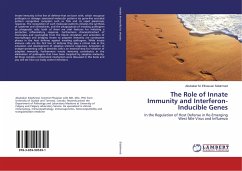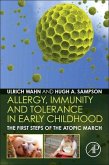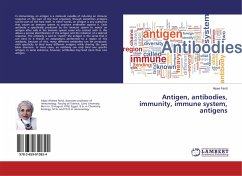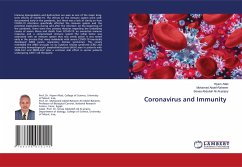The book describes the concept of the function of Endogenous Retroviruses ERVs and transposons on the host genomes as immune functional units, their relationship with the hosts' immune systems and their effect on the host in form of autoimmune diseases, cancer, plaque building diseases and ageing.The biological principle of innate immunity Pii describes a natural law of innate immunity, that the large part of repeats on the human and animal genomes as endogenous retroviruses ERVs and transposons and others, form part of the host's immune system. ERVs and transposons on the host's genome are not intended for virus replication or viral mimicry. Endogenous Retroviruses ERVs, retrotransposons, and various different types of repeats on the host genome are immune functioning registries. These registries are not parasitic but rather integrated by the host's immune system and likely on behalf of and utilized by the host's immune cells.
Bitte wählen Sie Ihr Anliegen aus.
Rechnungen
Retourenschein anfordern
Bestellstatus
Storno








